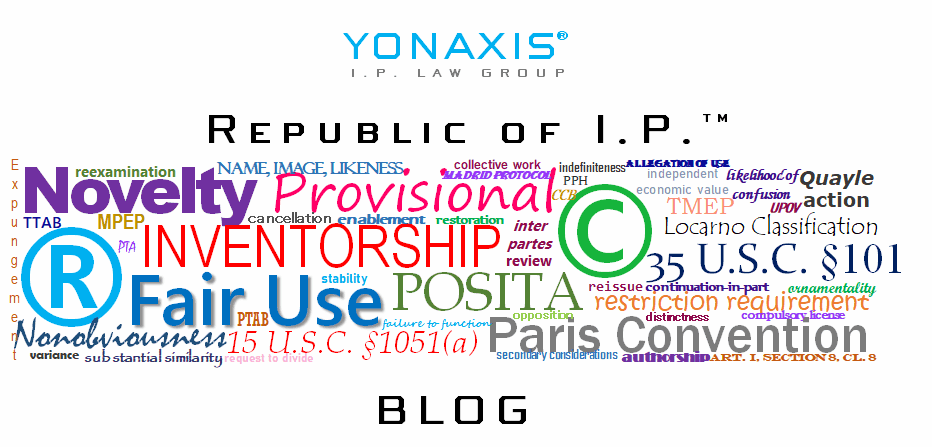As we await a decision from the U.S. Supreme Court on the constitutionality of IPRs before the PTAB at the USPTO, I reviewed two related points relevant to the underlying discussion in Oil States Energy Services, LLC v. Greene’s Energy Group, LLC.[1]
The first is the Oil States’ reliance upon McCormick Harvesting Machine Co. v. Aultman,[2] which dates back way before IPRs were enacted. McCormick dealt with inter partes reexaminations, which were a precursor of sorts to the modern IPR system. The McCormick court held that:
The only authority competent to set a patent aside, or to annul it, or to correct it for any reason whatever, is vested in the courts of the United States, and not in the department which issued the patent. And in this respect a patent for an invention stands in the same position and is subject to the same limitations as a patent for a grant of lands. The power to issue either one of these patents comes from Congress, and is vested in the same department. In the case of a patent for lands, it has been held that when one has obtained a patent from the government he cannot be called upon to answer in regard to that patent before the officers of the Land Department, and that the only way his title can be impeached is by suit.
[citations omitted.][3]
This argument, of course, helps Oil States, namely, that the IPRs are unconstitutional because it deprives the patent owner of a private property right without right of jury before an Article III court.
On the other hand, the U.S. Supreme Court has found a a grey middle between private and public property rights, a “quasi-private” right, and a sister IP, trademarks, has been held to be a quasi-private right:
Trademark registration under the Lanham Act has the characteristics of a quasi-private right. Registration is a creature of the Lanham Act, which “confers important legal rights and benefits on trademark owners who register their trademarks.” Because registration is merely a statutory government entitlement, no one disputes that the TTAB [the PTAB’s equivalent for trademarks] may constitutionally adjudicate a registration claim.
By contrast, the right to adopt and exclusively use a trademark appears to be a private property right that “has long been recognized by the common law and the chancery courts of England and of this country.” . . . [T]he exclusive right to use a trademark “was not created by the act of Congress, and does not now depend upon it for its enforcement.
[citations omitted.][4]
The difference with patents is that a patent right is vested in the Patent Clause of Article I, Section 8 of the U.S. Constitution. B&B Hardware may just be a foundational case for Oil States, and not a major precedent for its rationale.
Given the discussion at oral arguments about the lack of difference between ex parte and inter partes reexams and historical revocation of patents in privy councils in the common law tradition, may be enough to keep IPRs constitutional by a very narrowly divided Court.
A decision is expected to be handed down anytime between now and the end of June.
[1] 639 Fed. App’x 639 (Fed. Cir. 2016), cert. granted, 198 L. Ed. 2d 677 (U.S. Jun. 12, 2017) (No. 16-712).
[2] 169 U.S. 606 (1898).
[3] Id. at 609.
[4] See B&B Hardware, Inc. v. Hargis Indus., Inc., 575 U.S.___, 135 S. Ct. 1293, 1317 (2015) (Thomas, J., dissenting).
